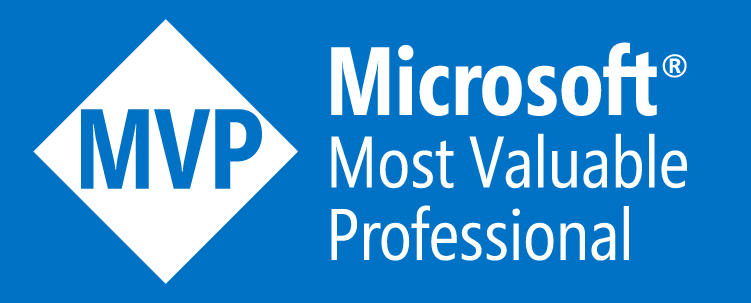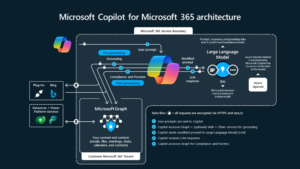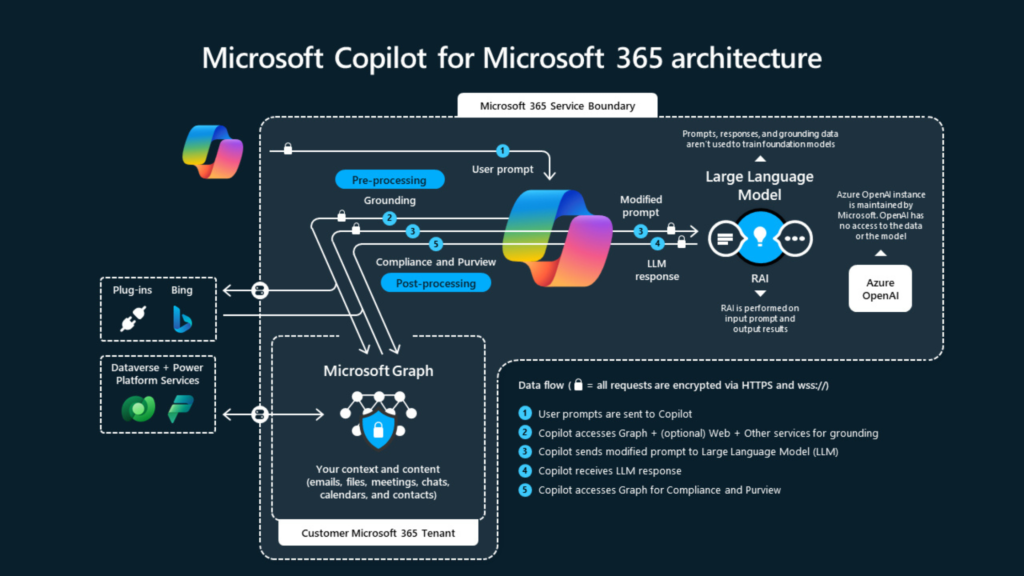This post demonstrates how to create batch classes using Business Operation Framework (or sysOperation). We used to use RunBaseBatch framework to implement batch functionality before this new concept of AX services was taken in place.
Compensations of BOF (or sysOperation) framework over RunBaseBatch are very well explained here http://daxmusings.codecrib.com/2011/08/from-runbase-to-sysoperation-business.html.
Key points RunBase/RunBaseBatch Vs sysOperation Frameworks
- The sysOperation framework is an implementation of the MVC pattern (Model-View-Controller)
- Model – parameters [contract class]
- View – Dialog [contract class or an optional UI builder class]
- Controller – Process (the code that runs in the essence of pattern)
- The framework influence the Services framework, whereas a service in AX has a data contract with some special attributes
- DataMember attributes in contract class take the entered values in parameters (dialog fields) to the process (aka “operations”)
- sysOperationFramework simplifies the pack/unpack of variables taking advantage of attributes, this was pretty nasty in RunBaseBatch framework
Let’s
jump into example now, we are going to create a batch looks like this;
jump into example now, we are going to create a batch looks like this;
Create a new Contract Class
General concept of contract class: Contract class in basically an AX class with special attributes as you can see mentioned at the top of this class declaration. This class acts as a model of MVC (model-view-controller) pattern.
In runbase/runbasebatch framework this model has member variables and pack/unpack (aka serialization).
These member variables are defined in runbase/runbasebatch class declaration with pack/unpack variables handle under currentVersion and localVersion macros.
Specific to this this example: This class has two attributes; DataContractAttribute which is making it special class to leverage with AX services and the other attribute is referring to UIBuilder class. More on UIBuilder class explains well in this post follows.
[
DataContractAttribute,
SysOperationContractProcessingAttribute(classstr(FF_ExampleUIBuilder))
]
class FF_ExampleContract implements
{
FromDate fromDate;
ToDate toDate;
NoYesId todaysDate;
MainAccountNum mainAccount;
}
[DataMemberAttribute]
[DataMemberAttribute]
[DataMemberAttribute]
[DataMemberAttribute]
public boolean validate()
Create a new UIBuider class;
This class is only required when you want to play with added parameter (data member attributes) in contract class. Like in this example I will be enabling/disabling parameters based on other parameter values, this class can also be used to build custom lookups and perform some custom logic only to play with parameters and their values.
class FF_ExampleUIBuilder extends
SysOperationAutomaticUIBuilder
public void
build()
/// <summary>
/// <summary>
Create a new Controller class;
This class as a controller class of the MVC pattern and runs the business logic. In this example it is setting dialog title, retrieving dialog values from contract class and from Main method it is calling service class with provided method name and execution mode.
class FF_ExampleController extends SysOperationServiceController
public ClassDescription caption()
public void
getFromDialog()
{
public LabelType parmDialogCaption(LabelType
_dialogCaption = "")
public static
FF_ExampleController construct()
public static
void main(Args args)
Create a new Service class;
This class is an AX service class with [SysEntryPointAttribute] attribute at the top of the method which will be called from action menu item.
[SysEntryPointAttribute]
Create a new action menu item;
Create new action menu item with following properties set as shown;
This menu item is calling controller class with parameters ServiceClass.MethodName with execution mode. If you see the Main method of controller class it is getting these passed parameters in this piece of code and eventually calling transactionConsolidation method of Service class.
[className, methodName, executionMode] = SysOperationServiceController::parseServiceInfo(args);
controller = new FF_ExampleController(className, methodName, executionMode);
Since BOF services run X++ in the CLR, it is very important to generate incremental CIL after implementing new service in AX.
Another important point; the parameter name in FF_ExampleService.transactionConsolidation method MUST BE same as it is in getFromDialog() method of controller class. Otherwise you will get error object not initialised in getFromDialog method.
FF_ExampleService.transactionConsolidation
[SysEntryPointAttribute]
public void transactionConsolidation(FF_ExampleContract FF_ExampleContract)
{
}
FF_ExampleControler
public void getFromDialog()
{
FormComboBoxControl mainAccountControl;
FormCheckBoxControl todaysDateControl;
FormDateControl fromDateControl;
FormDateControl toDateControl;
DialogForm theDialogForm;
FF_ExampleContract FF_ExampleContract;
theDialogForm = this.dialog().dialogForm();
super();
mainAccountControl = theDialogForm.runControl(#MainAccount);
todaysDateControl = theDialogForm.runControl(#TodaysDate);
fromDateControl = theDialogForm.runControl(#toDate);
toDateControl = theDialogForm.runControl(#fromDate);
FF_ExampleContract = this.getDataContractObject(classStr(FF_ExampleContract));
if (FF_ExampleContract)
{
// Set the values in data contract
FF_ExampleContract.parmMainAccount(mainAccountControl.text());
FF_ExampleContract.parmTodaysDate(todaysDateControl.value());
FF_ExampleContract.parmToDate(fromDateControl.dateValue());
FF_ExampleContract.parmFromDate(toDateControl.dateValue());
}
}









